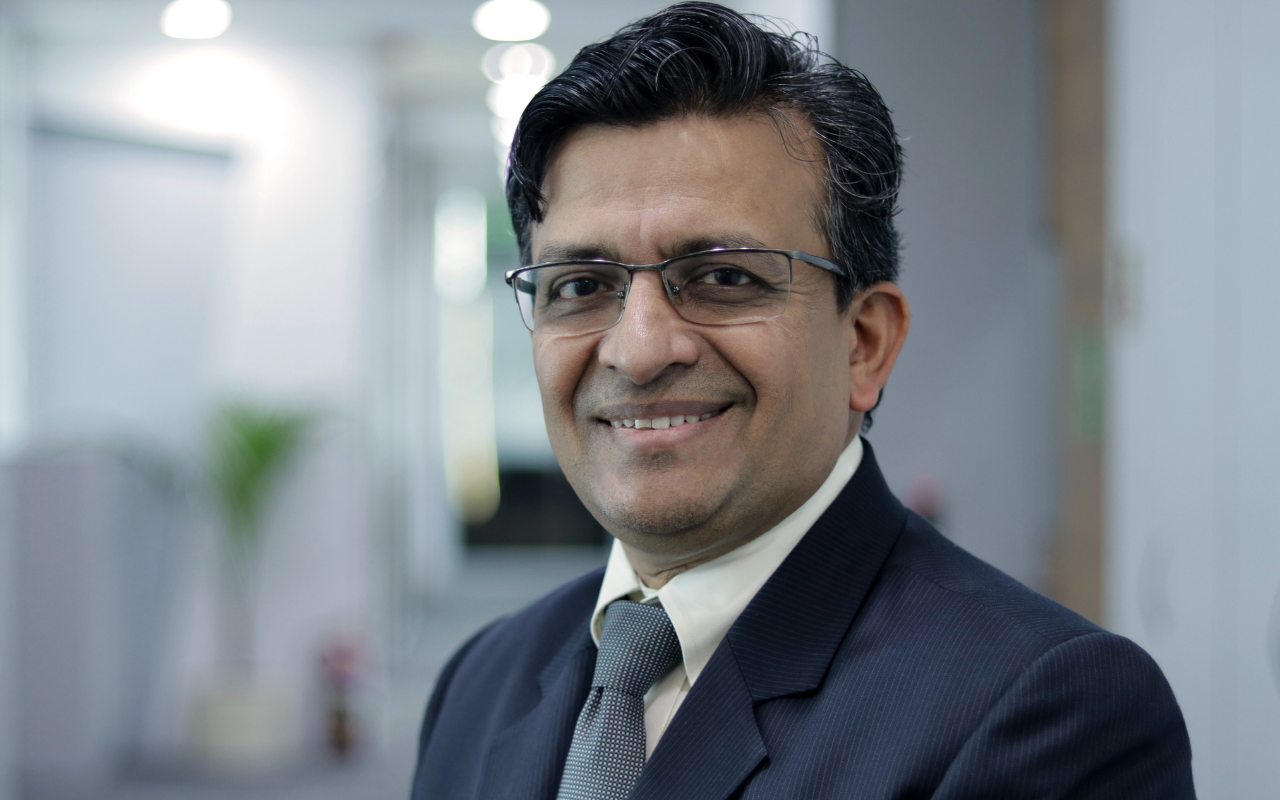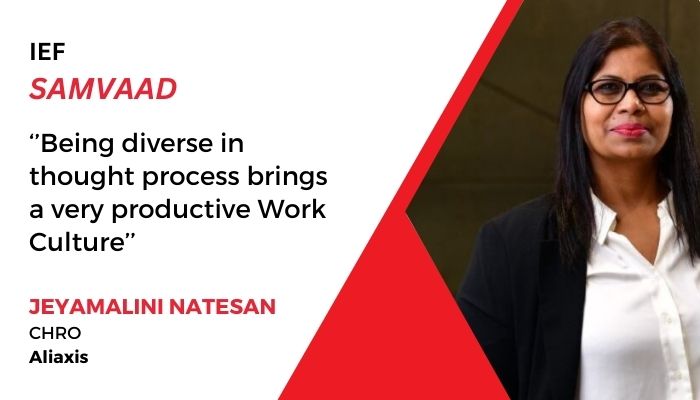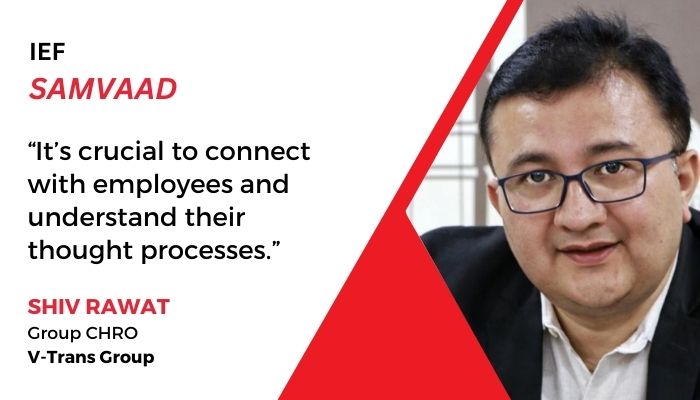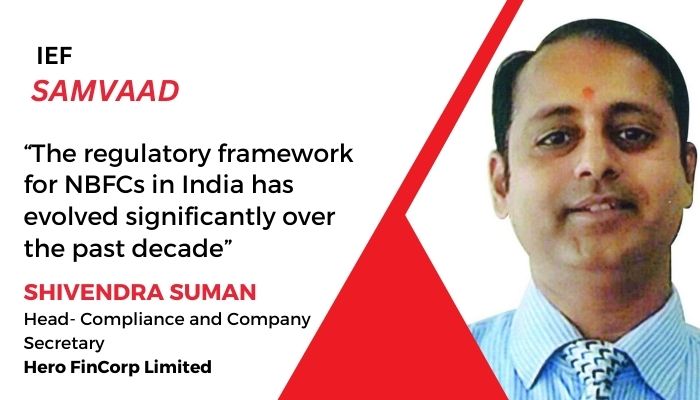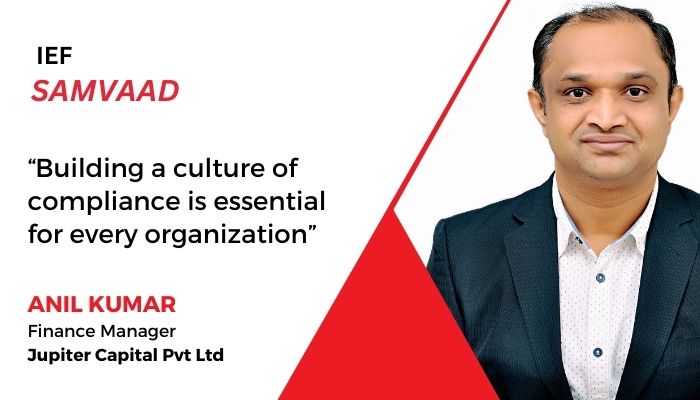S V Nathan, Partner and Chief Talent Officer, Deloitte India, is of the opinion that the companies will have to relook at the way they recruit employees
Q. Tell us about yourself, your career and key achievements.
I have had humble beginnings. My primary education was in Calcutta, middle school in Chennai, and high school in Nagpur. In Chennai, I stayed with my grandmother, who was the pivot of my life. We stayed in a one-room accommodation where the public toilet was shared by 40 plus people. I understand what it means, when our Prime Minister Narendra Modi emphasizes on constructing more toilets!!
Later, I shifted to Nagpur to stay with my parents and there I was enrolled in 9th std in Marathi medium with Marathi as my third language. Learning it was tough but I scored more marks in Marathi. I got through both medical and engineering entrance exams but I could not pursue them due to scarcity of resources. I came back to Chennai and got admission in Maths, (a subject that I did not particularly like (at Vivekananda College, Madras. From there-on my motto has been: “If I don’t get what I like, I like to get the best of what I have.”
I went on to pursue PG Diploma in Personnel Management from XLRI, Jamshedpur.
I have over 30 years of experience in HR management, across diverse industries including manufacturing, services, telecom, and information technology. I have built high-performance teams in both multinational and Indian organizations.
Q. How do you find time in your busy schedule to be active on HR forums and social media? Please let us know how do you come up with a daily brief on LinkedIn which is so apt and cryptic?
My basic premise is that if something is important then one must make time for those activities. I believe in giving back to the profession and share with my peers and juniors with the sole intention of learning and sharing. I’m a regular blogger on LinkedIn and other social media as I reflect on the day and write about something or someone from whom I have learnt that day. My core belief is that people must feel respected and valued.
Q. What’s your view on the mega trends in HR?
There are several trends in HR but I would summarize them in four:
i) Future of work – Technology will overtake many things that we are struggling with. It is taking away transactional HR from people. HR has to be progressive.
ii) Talent acquisition – TA will be the most important function and will get its due. It will change the shape of the organization. One has to be an expert in current area and also be capable of taking other challenges. TA will be extremely difficult as rare talent commands a premium.
iii) Game changer – HR has to help organizations take people who can learn on the go. There has to be curated learning specific to the needs of the employee. Rise of alternate model of working; part-timers, full timers, open talent network, gig workers in organization will help in a big way. Learning and certifications in unexplored skills have to be regular.
iv) Recognition – People want to be recognized. They see value in which they are perceived.
Leaders who can manage all the stakeholders will be in demand as organizations move towards socio-economic value.
You might also be interested to read: ‘Tech-savviness And Finance Orientation Will Be The Key In The Future Of Work’ – Kalappa K B, Country Head HR – Aster India
Q. What’s your opinion on the future of work? Do you foresee the Consulting firms getting swooped by gig workers or they will remain immune to the gig economy?
Future of work is getting brighter by the day. The world over, the No. 1 occupation of those employed is in services and then in agriculture. Services is not going to go away. Work will change. Workplace and workforce will change. Reports have suggested that at any given time, 85% of people in any organization are disengaged. How do we engage such people? The transactional work will be taken away by technology. That is good news. Now, organizations will look at more value adding work. Given that we have a young workforce, and many are not keen for full-time jobs, the gig way of working will be the future and will pan out. How do we build a culture in an organization with a moving population and with the gig workers? Learning, unlearning and relearning is the new norm. It’s a fantastic opportunity for consulting/IT firms as long as they know where to get their talent. Consulting firms will do well as good advice is hard to come by and implementation is key. Consulting firms themselves will use gig workers!
Q. How does one ensure quality of hires? Today, we see people everywhere but employability remains elusive, why?
The most important thing that we do in any organization is the acquisition of talent. Hiring is the most important duty of any company. Quality of hires therefore becomes key to success of organizations. Supply and demand put greater filters on hire. Top colleges have good filters on their admits and so companies prefer going to such colleges. Other than finding talent from top colleges and universities, we have to figure out ways to get talent which don’t make it to these institutions. Earlier, consulting firms would only go by requisite qualities. Now, we have to train our recruiters to become great talent spotters. The rule of giving the same test to all won’t work. Already Amazon and Google have stopped the notion of getting only grad students and certificates that can give them a chance at their firms. If degrees become irrelevant, then, test for skilling gets even more difficult. So, the social methods of hackathons etc will rule the roost. We have to first train our recruiters and managers to be talent spotters. That alone will help, besides the tried and tested tests !
Q. Why do we see talent getting recognized and merit being the sole factor helping talented people move up in the US, what can be done to make that happen in India?
India is a vast country with 1.3 billion population, almost four times the population of the US. There is a difference. In India, we need to build the right environment to recognize talent. Meritocracy needs to win the day. This happens in private organizations and needs to percolate all around to the government and beyond. Besides, what works in the USA may not work for India. Here, everything is regimented. We have to break those shackles and be flexible.
Q. What traits do you try to see in budding HR professionals when you hire them?
I see three traits:
- Look for people with positive attitude, insatiable energy and learnability
- Passion for goals and being curious
- Lastly, someone who has courage, conviction and compassion.
Q. What’s your success mantra?
Like I said before, if you don’t get what you like; like what you get. I do simple things exceedingly well. I always believe in doing my job seriously and remember that the firm/organization is bigger than me. My personal motto is – water cuts rock. I never give up, and take it slowly, and not rush into things.
Q. What’s your message to HR professionals? How do they make themselves relevant for the rest of their career?
Read three pages of a book every day. Any book is fine, something that interests you. You will find that over time you will fill yourself with a lot of knowledge. And will apply them in an unconscious way at work and beyond. Meet people, be curious and be compassionate. One must network as it is important to learn from others. Have passion and also a goal. Technology will rule – keep abreast with what is happening around you outside the job. Have an interest in whatever you do. Always look around the corner as to what is happening to the world of HR. And ready yourself for it. No experience is wasted experience, and so, believe in what you are doing and do a good job of it.
About S V Nathan
Partner and Chief Talent Officer, Deloitte IndiaS V Nathan is a Partner and Chief Talent Officer of Deloitte India. He is a member of the India leadership team and serves on the Talent Executive Leadership of the Asia Pacific Region. Nathan has over 30 years of experience. He speaks regularly at several national and global forums on contemporary HR matters and is a Behavioral Specialist in Sensitivity Training. Nathan was recognized as a ‘Distinguished Alumnus Award’ by XLRI by his Alma Mater. He has been acknowledged as one of the top ten HR Power Profiles of LinkedIn 2018. He serves as the chairman of Sumedhas, a not-for-profit education and research body devoted to organization development. Nathan also served on the Board of the National HR Development Network (NHRDN) as its National Secretary. Nathan is an avid reader and writer. He is a regular blogger and has an active presence on social media and is well known for his ‘#OfficeTruths’ posts on LinkedIn and been recognized as a Power Profile of HR for three years. Nathan also loves cooking for family and friends.

